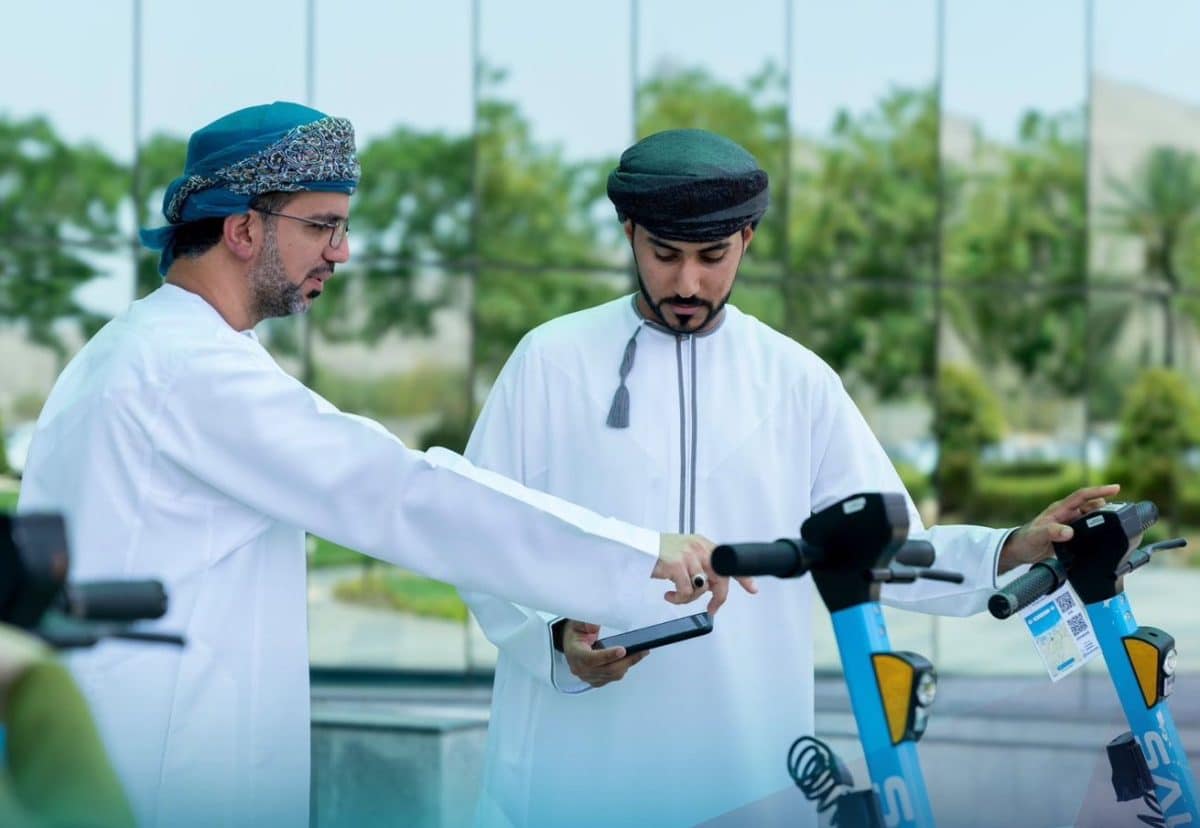
Muscat, the capital of Oman, has emerged as one of the innovation hubs in the region. With its “Vision 2040” strategy, the Omani government aims to diversify its economy and build a knowledge-based society. To this end, it has made significant investments in Artificial Intelligence (AI), Internet of Things (IoT), renewable energy, and smart transportation. Hosting major events such as the “Oman AI Summit 2025” – attended by over 3,000 participants from 40 countries – reflects the city’s determination to lead in emerging technologies. This article reviews key programs and projects in these fields in Muscat and their impact on people’s lives.
Artificial Intelligence in Muscat
The Omani government has launched a comprehensive national program to develop AI. In September 2024, the “National AI and Advanced Digital Technologies Program” was approved with three main pillars: increasing AI adoption across sectors, localizing AI technologies and training skilled professionals, and creating flexible, human-centered regulations for AI applications. As a result, Oman advanced five positions in the 2024 Global AI Readiness Index, ranking 45th worldwide (and 5th among Middle Eastern countries). The number of AI-focused startups has grown by 20% annually, from fewer than 10 companies to over 25, with about 60 million Omani rials invested in AI projects over four years.
AI applications are evident in daily life. Bank Muscat uses AI-powered chatbots for automated customer service and simple transactions, speeding up banking services. In healthcare, hospitals use AI diagnostic tools to detect diseases like cancer early. In logistics and transport, companies employ AI algorithms to optimize delivery routes and supply chain management. The government, in cooperation with universities, also runs initiatives such as the “AI Elites” program and innovation competitions to encourage local research and nurture young talent in AI. These efforts position Muscat as a regional center for AI development and application.

Smart City and Internet of Things (IoT)
A core focus of Muscat’s tech progress is building a smart city using IoT and data-driven systems. The Muscat Municipality, in partnership with the private sector, has launched multiple projects to modernize urban infrastructure. Notably, smart traffic lights have been installed at busy intersections, using sensors and cameras to monitor real-time traffic and adjust light timings accordingly, reducing congestion and improving safety. Recently, Muscat began implementing a smart parking system in areas like Al Khuwair and Al Ghubra, installing sensors in public parking spaces. These sensors, connected to online systems, help drivers find parking and reduce traffic caused by searching for spaces.
In urban services, IoT plays a vital role. Smart water meters track consumption in real time, detecting leaks or unusual usage patterns, saving resources and costs for citizens and the government. Sensors are also deployed in the electricity grid, street lighting, and waste management to improve energy efficiency and sustainability. These initiatives are supported by expanding 5G networks in Muscat, enabling fast, reliable connections for thousands of smart devices. The government is enhancing 5G coverage and cloud infrastructure to manage transport, energy, and water services more efficiently using real-time data.

Renewable energies and green technologies
As an oil-producing country, Oman has taken bold steps toward renewable energy. Under Vision 2040, 30% of the country’s electricity is to come from renewable sources by 2030, increasing to about 39% by 2040. Large investments have gone into solar and wind power. A flagship project is the Ibri Solar Plant (500 MW), one of the largest in the region, using AI to optimize output. Two other major plants, Manah 1 and Manah 2 (totaling about 1,000 MW), are under construction, expected to start production by 2027.
Wind farms are also being developed in Al Wusta and Dhofar provinces, with more than 2,000 MW of clean energy to be added to the grid upon completion. Oman is implementing its first renewable energy storage projects to stabilize supply. In Muscat and other cities, green building standards and smart equipment are being adopted to minimize energy use. Solar panels on rooftops and parking lots, as well as solar water heaters, are becoming common. Oman is also investing in green hydrogen, aiming to become a major producer and exporter of clean energy in the future.

Smart and Sustainable Transportation in Muscat
Muscat’s first hydrogen refueling station, which uses solar energy to produce green hydrogen, is scheduled to be launched in 2025.
Muscat’s transport modernization focuses on smart systems and clean energy. As mentioned, smart traffic lights and data-based traffic management improve urban mobility. The city is enhancing smart public transport with mobile apps and integrated e-ticket systems for buses. Under the “National Transport Strategy 2040,” the government plans to significantly increase public transport’s share in major cities, with investments in modern bus fleets, bus rapid transit (BRT) lines, and possibly future metro or tram systems. Pedestrian-friendly streets and cycling paths are also being promoted.
Oman is pushing for electric, hybrid, and alternative fuel vehicles. In February 2025, the first green hydrogen fueling station opened near Muscat International Airport, producing up to 130 kg of solar-powered hydrogen daily. Operated by Shell Oman and Mwasalat, it also features fast EV chargers. Fifteen hydrogen-powered buses and taxis have joined Mwasalat’s fleet on trial routes. This is part of the “Green Transport Plan” unveiled in 2023, prioritizing EVs and hydrogen vehicles. A network of smart EV charging stations is being established. By the coming years, 33% of government fleet vehicles and 12.5% of private vehicles are targeted to be electric or hybrid, showing the government’s commitment to clean transport.
Muscat’s tech progress reflects a clear vision for a sustainable, smart future. From urban services to energy and transport, the city embraces advanced technologies to improve quality of life and protect the environment. Continued government support through strategies like Vision 2040 and investment in digital infrastructure is paving the way for Muscat to become a smart city and a model in the Gulf region. While challenges such as workforce training, sustainable funding, and social adaptation remain, current trends indicate that Muscat is on the right path toward becoming a knowledge-based economy with cleaner energy and more efficient transport.

